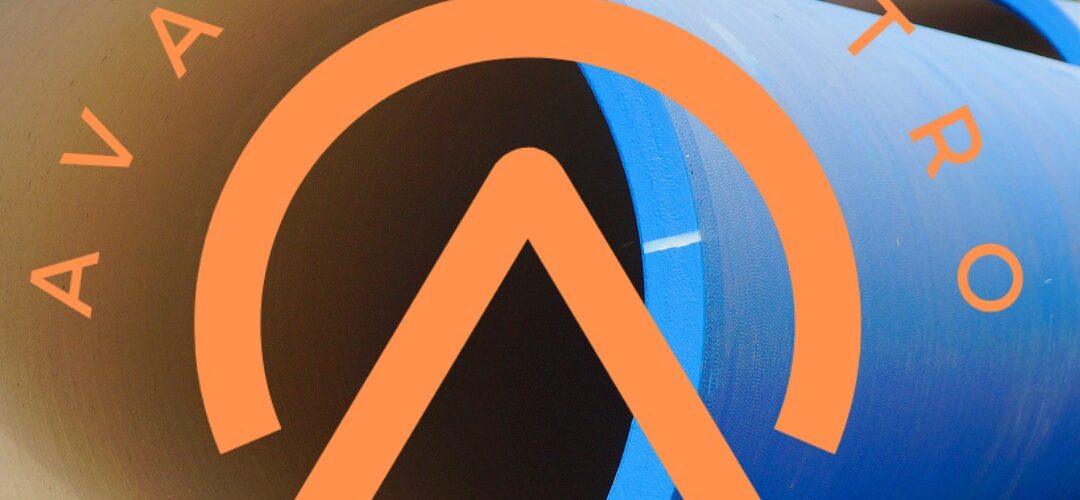Understanding Olefin: A Comprehensive Overview
Olefin, also known as alkene, is a type of hydrocarbon compound characterized by the presence of a carbon-carbon double bond. These compounds are integral to various industries due to their versatile properties and wide range of applications. In this comprehensive overview, we’ll delve into the intricacies of olefins, exploring their structure, properties, uses, and significance in different sectors.
Structure of Olefins
Olefins consist of carbon and hydrogen atoms arranged in a linear fashion, with one or more carbon-carbon double bonds. The presence of double bonds imparts unique chemical reactivity and physical properties to these compounds, distinguishing them from other hydrocarbons such as alkanes and alkynes.
Properties of Olefins
- Double Bond Reactivity:
The carbon-carbon double bond in olefins is highly reactive, allowing for various chemical transformations such as addition reactions, polymerization, and oxidation.
- Volatility:
Olefins often exhibit low boiling points and high vapor pressures, making them volatile and suitable for applications such as fuel blending and petrochemical processing.
- Insolubility in Water:
Due to their non-polar nature, olefins are generally insoluble in water but soluble in non-polar solvents like hexane, benzene, and chloroform.
- Polymerization Potential:
Many olefins can undergo polymerization reactions to form long chains of repeating monomer units, leading to the production of various plastics and synthetic materials.
Industrial Applications of Olefins
- Polymer Production:
Olefins serve as key raw materials in the production of polymers such as polyethylene, polypropylene, and polyvinyl chloride (PVC), which find extensive use in packaging, construction, automotive, and consumer goods industries.
- Fuel and Energy:
Olefins are vital components in the production of gasoline, diesel, and aviation fuels through processes like catalytic cracking and alkylation. Additionally, they are used as feedstocks for the synthesis of synthetic lubricants and solvents.
- Chemical Manufacturing:
Olefins serve as building blocks for the synthesis of various chemicals, including detergents, pharmaceuticals, agrochemicals, and specialty chemicals used in cosmetics and personal care products.
- Rubber Industry:
Certain olefins, such as ethylene and propylene, are crucial in the production of synthetic rubbers and elastomers, which are used in tire manufacturing, conveyor belts, seals, and other industrial applications.
Environmental and Safety Considerations
While olefins play a significant role in modern industry, their production and use can pose environmental and safety challenges. Issues such as greenhouse gas emissions, air pollution, and potential hazards associated with handling and processing olefinic compounds require careful management and regulatory oversight to mitigate adverse impacts on human health and the environment.
Future Perspectives
Advancements in catalysis, process technologies, and sustainability initiatives are driving innovations in the olefins industry. Research efforts focus on developing more efficient production methods, exploring renewable feedstocks, and enhancing the environmental performance of olefin-based processes to meet the growing demands of a sustainable and resource-conscious world.
Conclusion
In summary, olefins represent a diverse class of hydrocarbon compounds with widespread industrial applications and significant economic importance. From polymer production to fuel refining and chemical manufacturing, olefins play a vital role in various sectors, driving innovation and enabling the development of essential products for modern society. As we navigate towards a more sustainable future, continued research and technological advancements will shape the role of olefins in meeting the evolving needs of industry and society.
Written by Emir Narin

